Photo Caption: Associate Professor Heather Hendrickson is leading ground-breaking research into bacteriophages to protect honeybees and farmed salmon from serious bacterial diseases without relying on antibiotics or chemicals.
Photo caption: Associate Professor Heather Hendrickson is holding a 3D-printed model of a bacteriophage - highly specific viruses used to target harmful bacteria.
Microbiologist Associate Professor Heather Hendrickson is leading ground-breaking research into bacteriophages—natural viruses that infect and destroy bacteria. Based at Te Whare Wānanga o Waitaha | University of Canterbury (UC), her work focuses on protecting honeybees and farmed salmon from serious bacterial diseases without relying on antibiotics or chemicals.
“About 80% of antibiotics globally are used in primary industries,” says Associate Professor Hendrickson. “We want to pivot away from that kind of use and replace it with natural biocontrols like phages – and perhaps one day even explore their medical use.”
The research, funded through an MBIE Endeavour programme, also involves Professor Peter Fineran from the University of Otago, who is applying phage science to combat plant diseases affecting fruit, including cherries.
Phages are highly specific, targeting only harmful bacteria and leaving beneficial microbes intact. By combining different phages in ‘cocktails,’ researchers can also reduce the chance of bacterial resistance.
“You can think of phages like a shield or armour you apply in advance of being exposed to pathogens,” Associate Professor Hendrickson says. “While we’ve only discovered maybe 30 or 40 classes of antibiotics there are a trillion bacteriophages for every grain of sand on the planet, and ten times more phages than bacteria. They are an untapped natural resource already in the soil, water, and even on our skin — they’re all around us.”
New Zealand’s $5 billion horticulture and aquaculture sectors stand to benefit from the work.
For the past seven years, Associate Professor Hendrickson has been investigating phage-based solutions for protecting honeybee populations—vital pollinators that support around 80% of the fruits and vegetables we eat and are often called New Zealand’s most important livestock.
In New Zealand, honeybee hives are under threat from American foulbrood (AFB), a bacterial disease that kills larvae. Because antibiotics and chemical treatments are not permitted, any sign of AFB requires infected hives to be destroyed by fire—an outcome that can be devastating for beekeepers.
To date, Hendrickson’s team has received over 400 hive samples from across the country and identified phages capable of killing 96% of the AFB-causing bacteria. “We need to test how best to apply these phages to hives and explore the most effective combinations,” she says. “But we have a really strong group of phages that we’re excited to take into the next phase of development.”
The aquaculture industry is also searching for alternatives to antibiotics, especially in salmon farming. One of Hendrickson’s postdoctoral researchers has discovered a “super phage” with strong potential to combat a pathogen of concern for the sector.
“Ideally, we’d like some duplication of phages, so we still have more hunting to do, which is ongoing in the lab,” she says.
Her research team works closely with industry partners to determine the most effective and scalable strategies: Phage application methods are tailored to where the pathogen is found. If a pathogen infects the gut, for instance, phages are likely incorporated into feed. If it affects the skin, fish may be dosed in a bath early in development.
“It’s predicted that by 2050 more people will die of antibiotic-resistant infections than of cancer,” Associate Professor Hendrickson says. “One day we might be able to see phages being used to save human lives here in New Zealand.”
The research could see a homegrown biotech sector, creating new jobs and capability in Aotearoa.
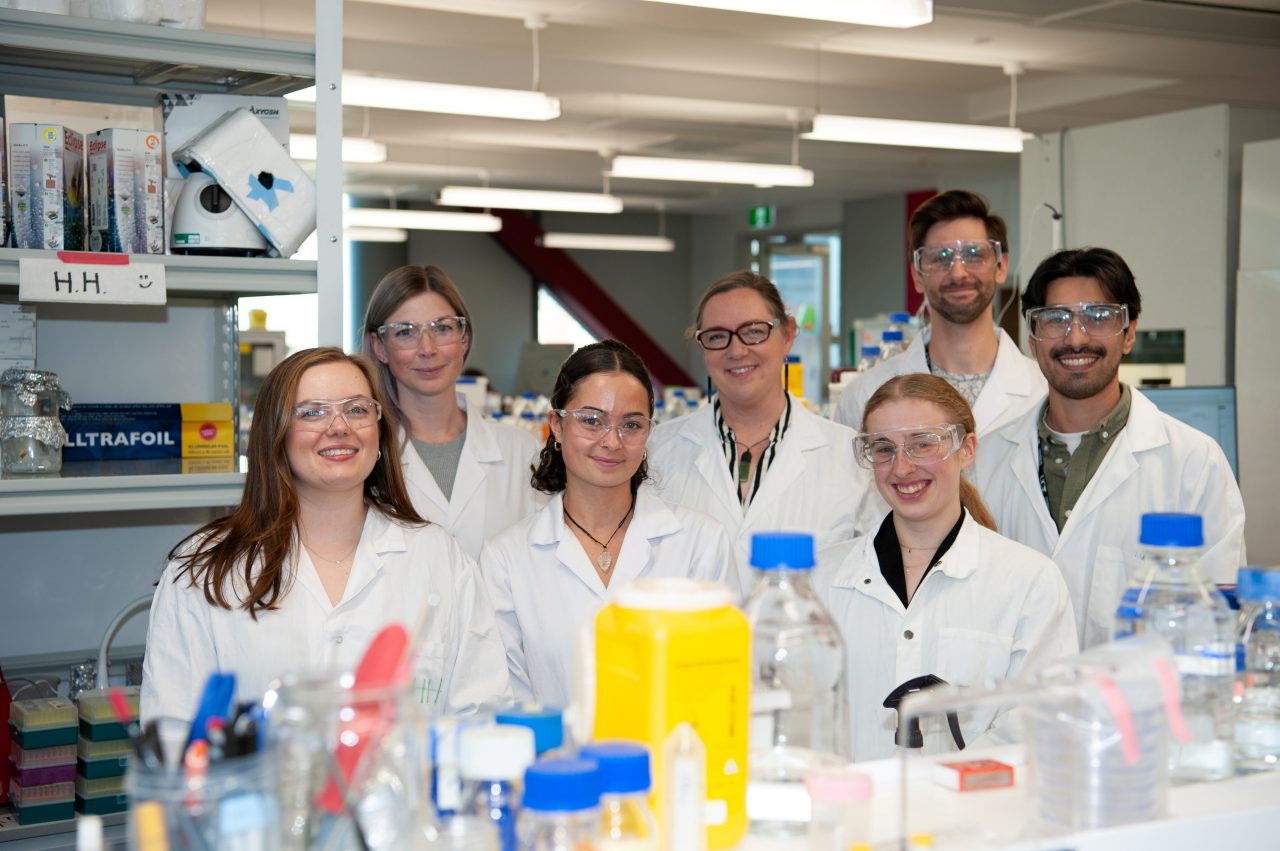
 Sustainable Development Goal 9 - Industry, Innovation and Infrastructure
Sustainable Development Goal 9 - Industry, Innovation and Infrastructure


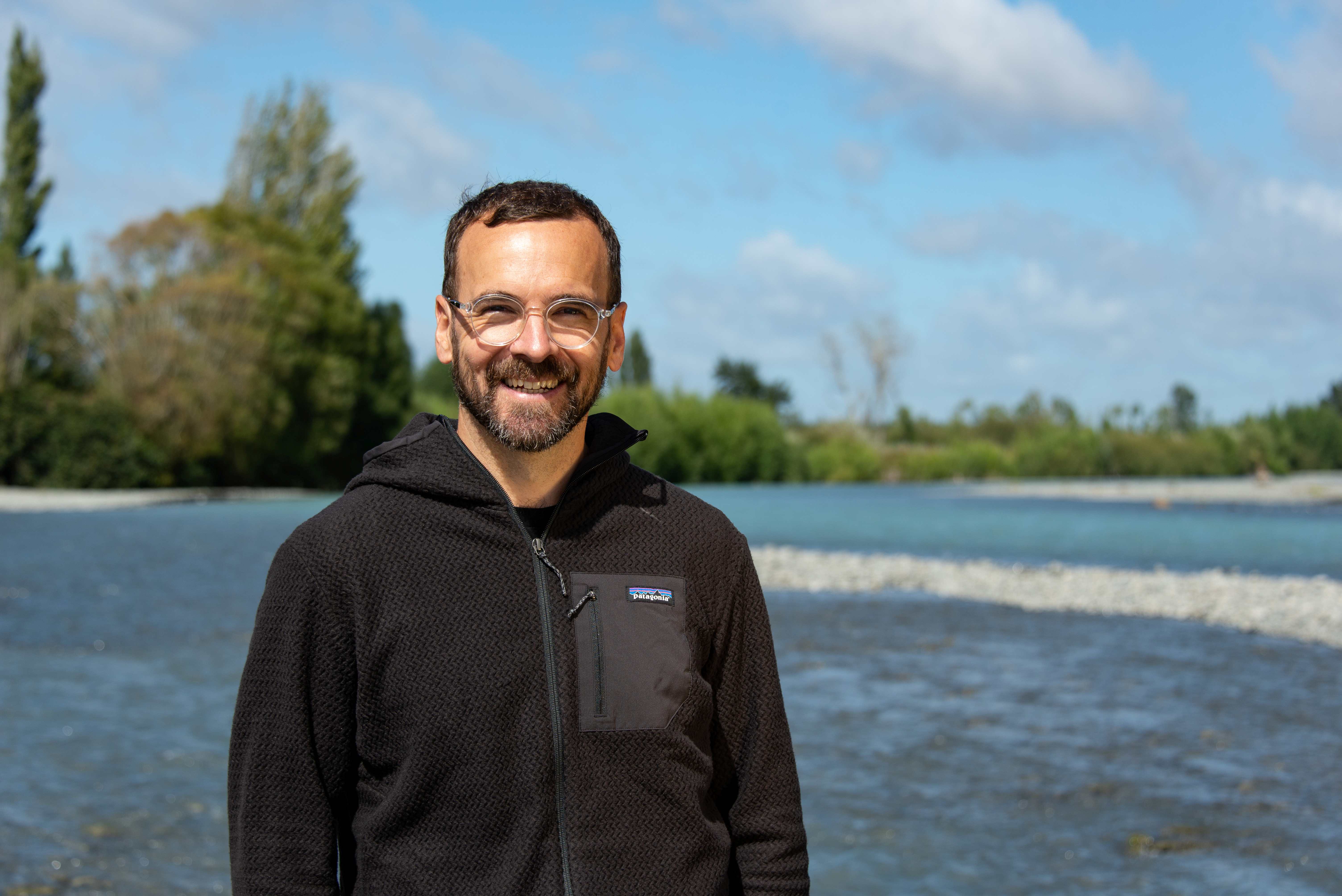
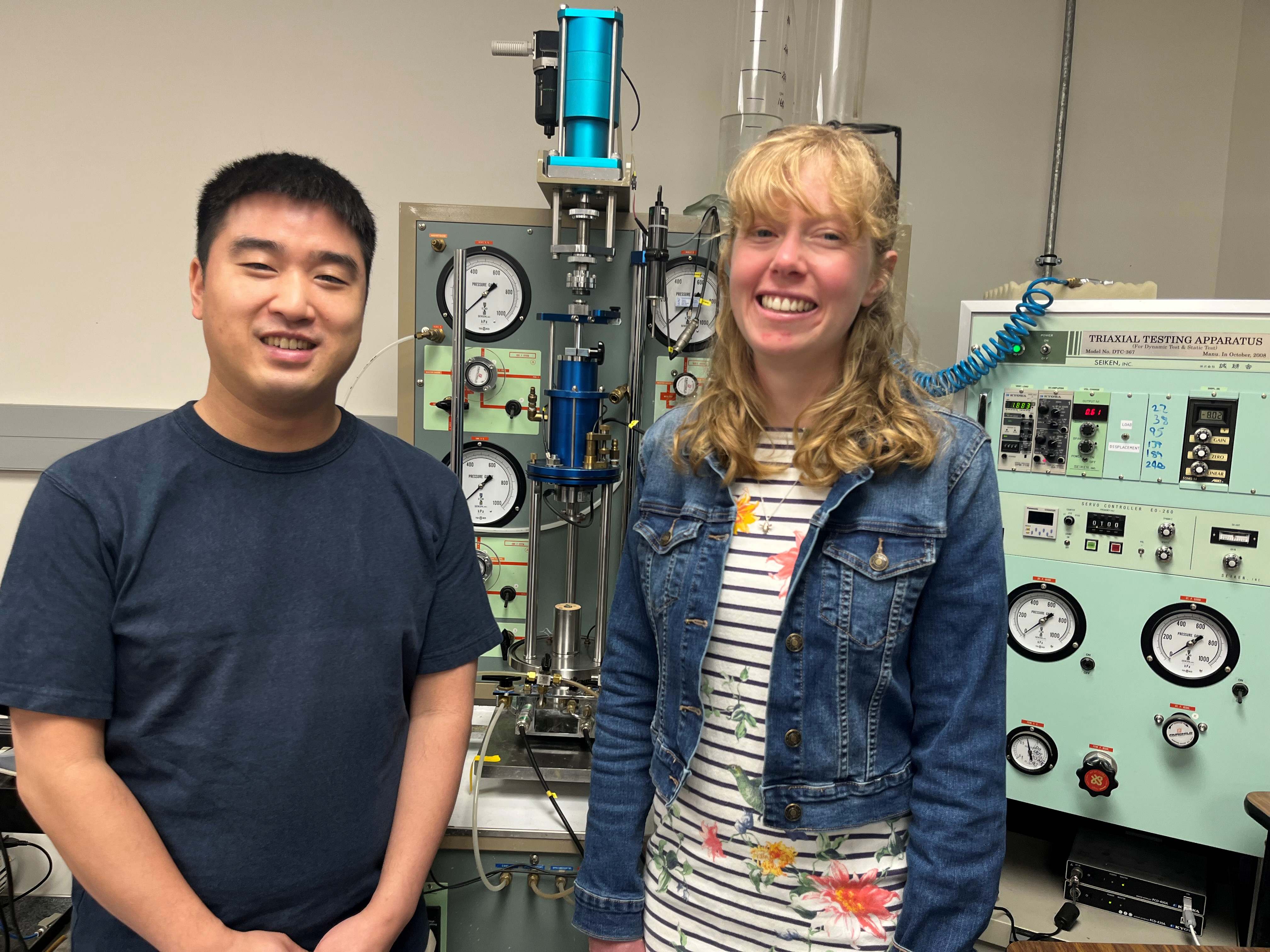
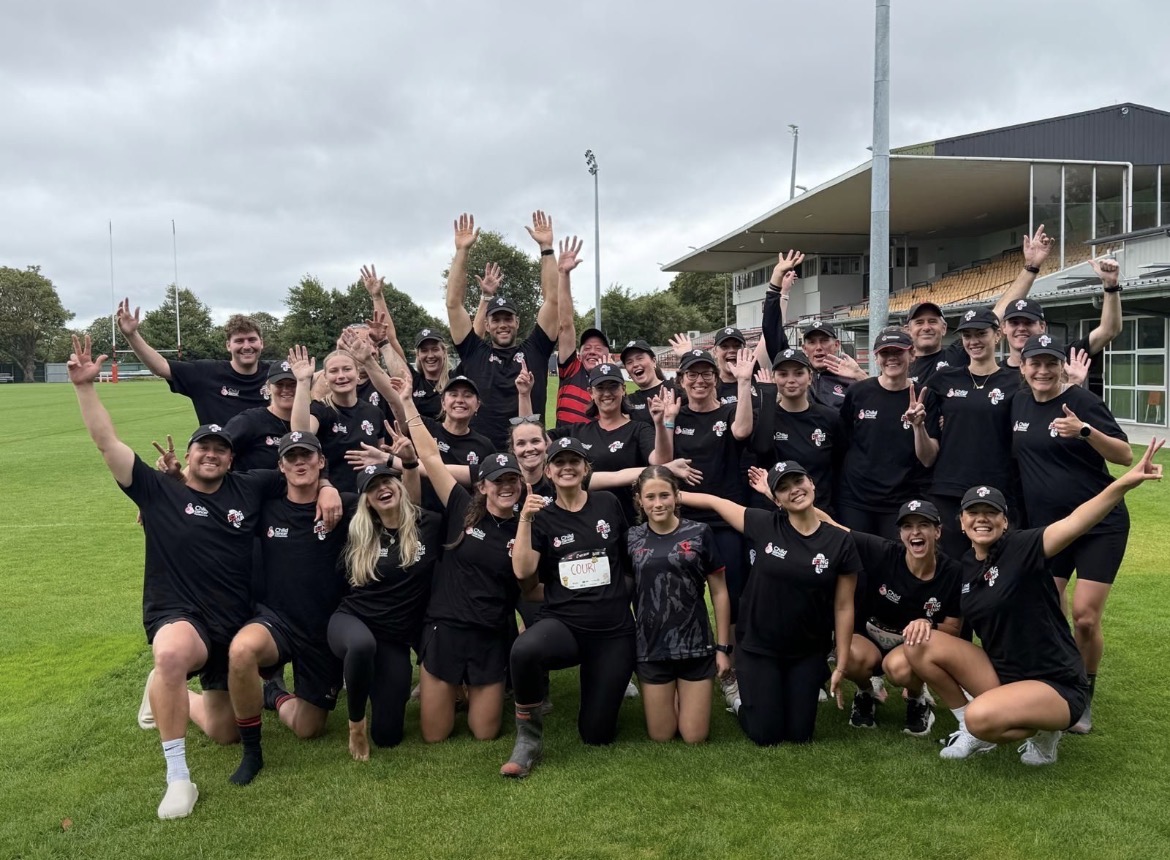
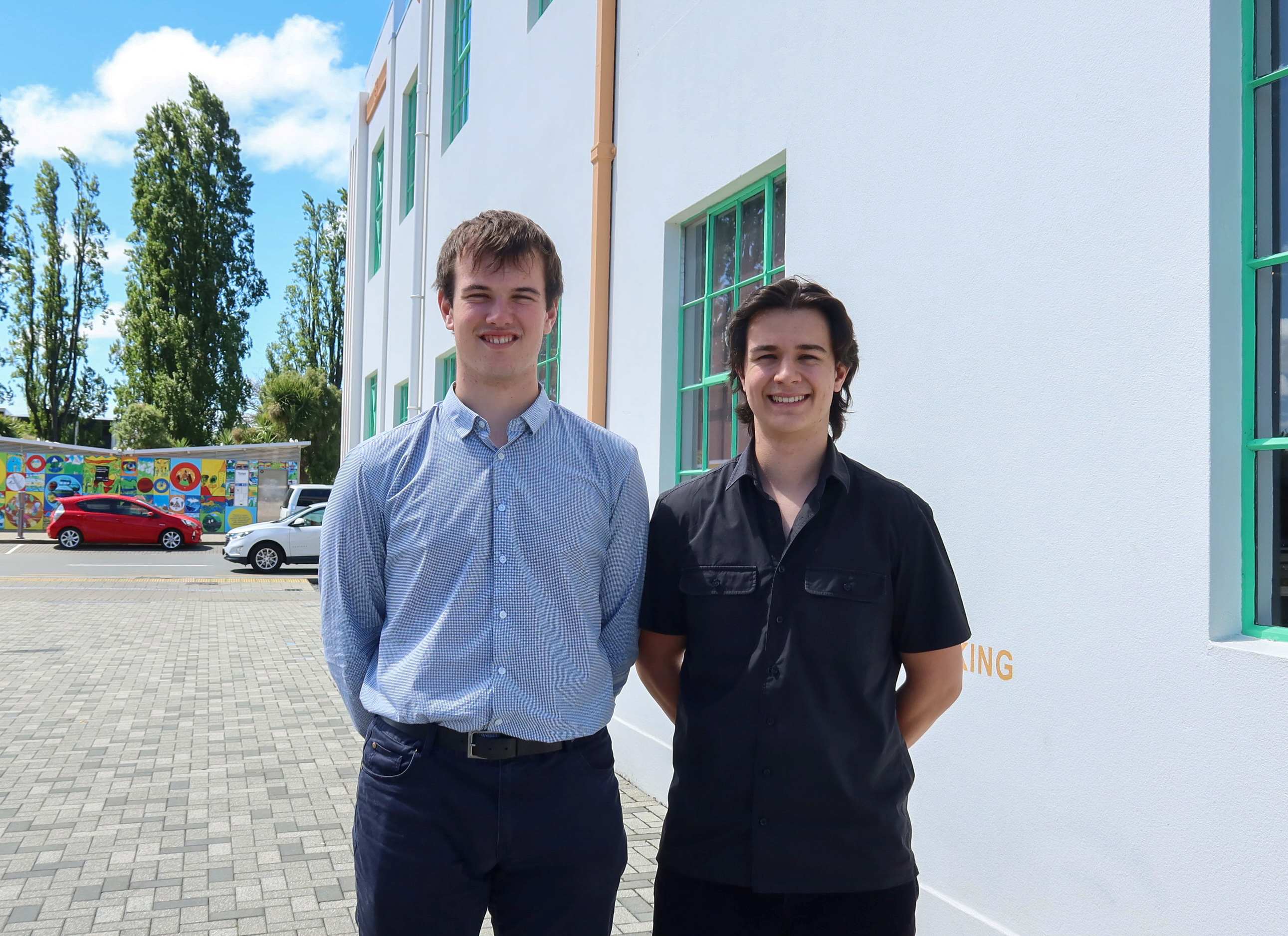
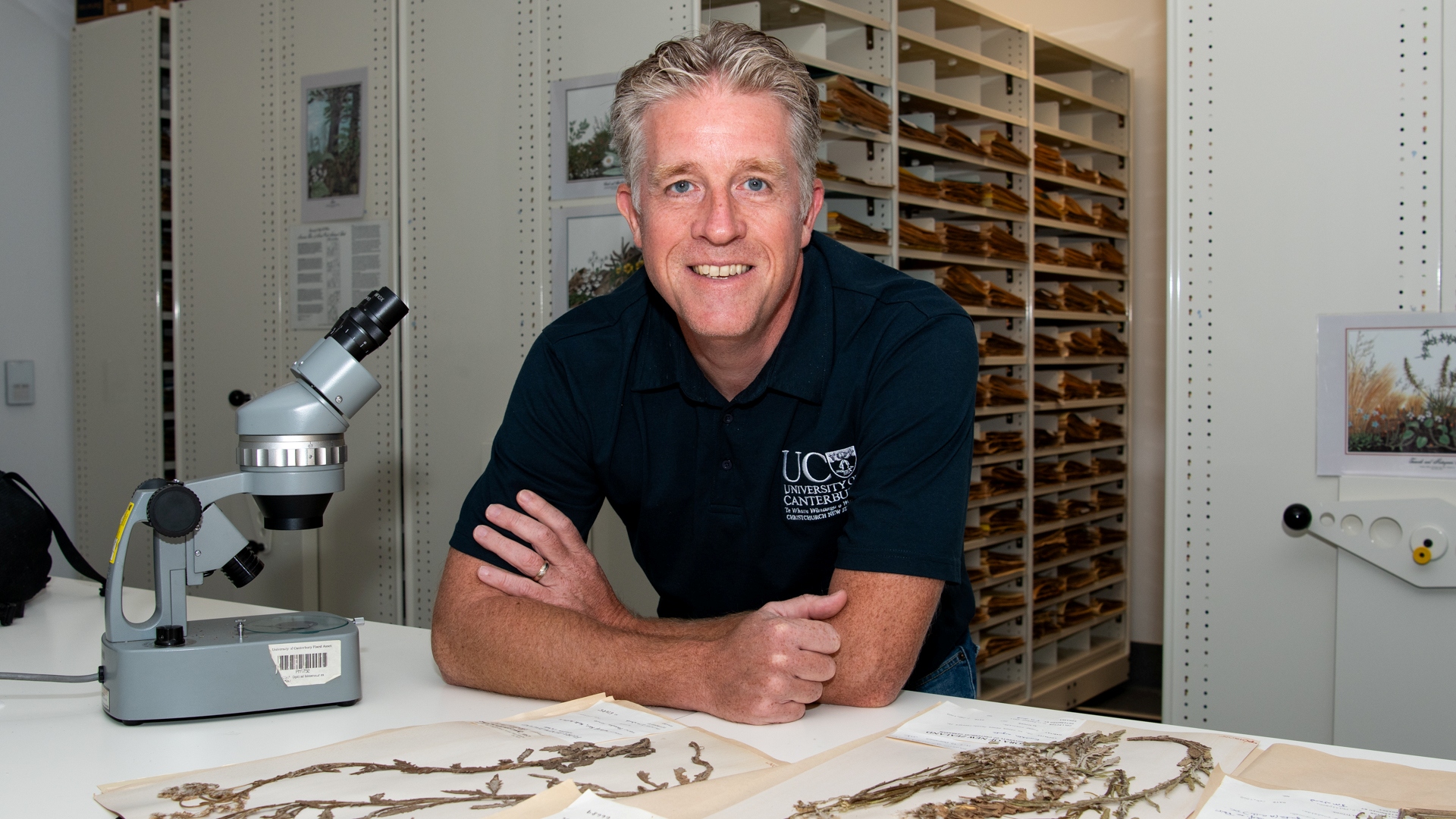
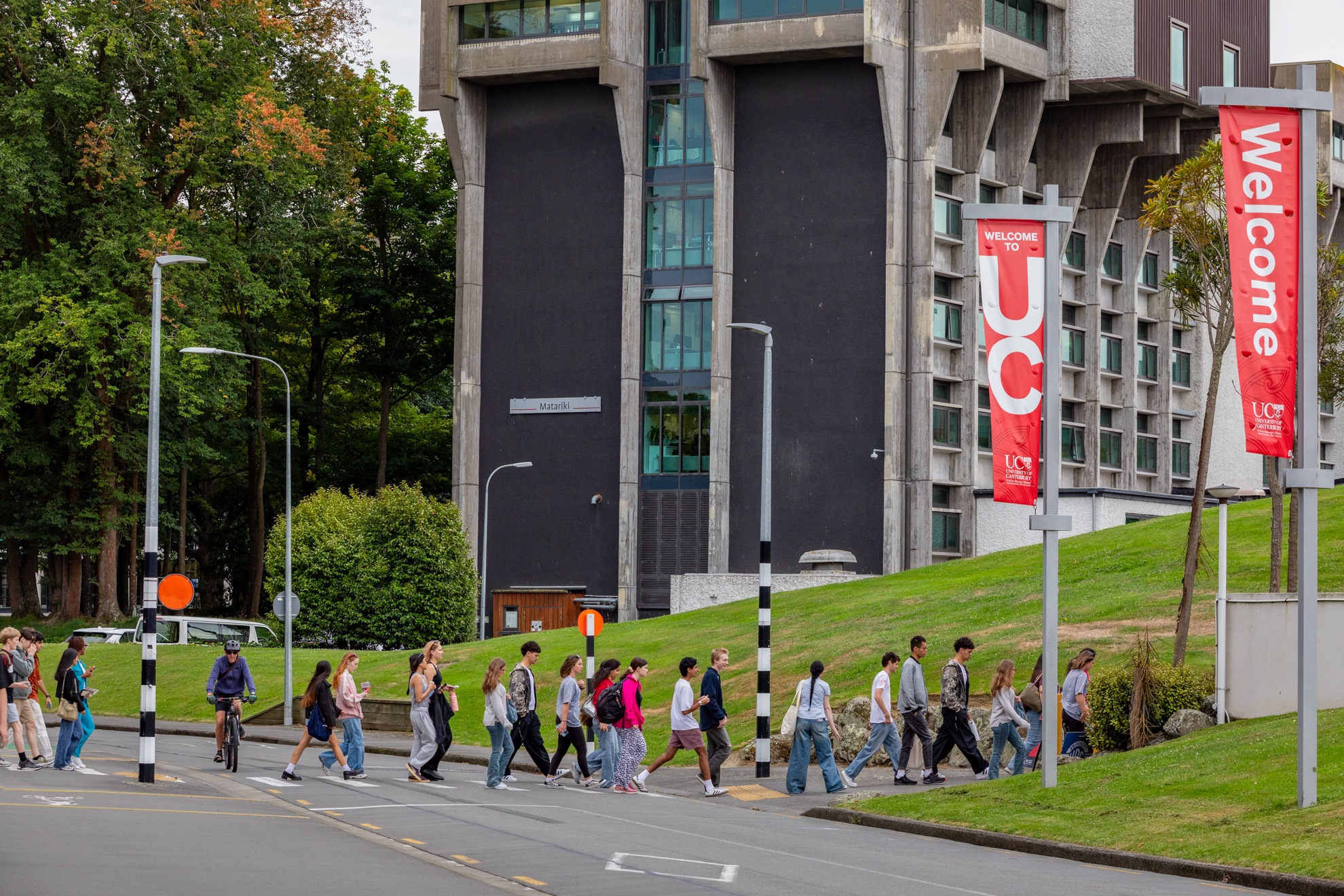
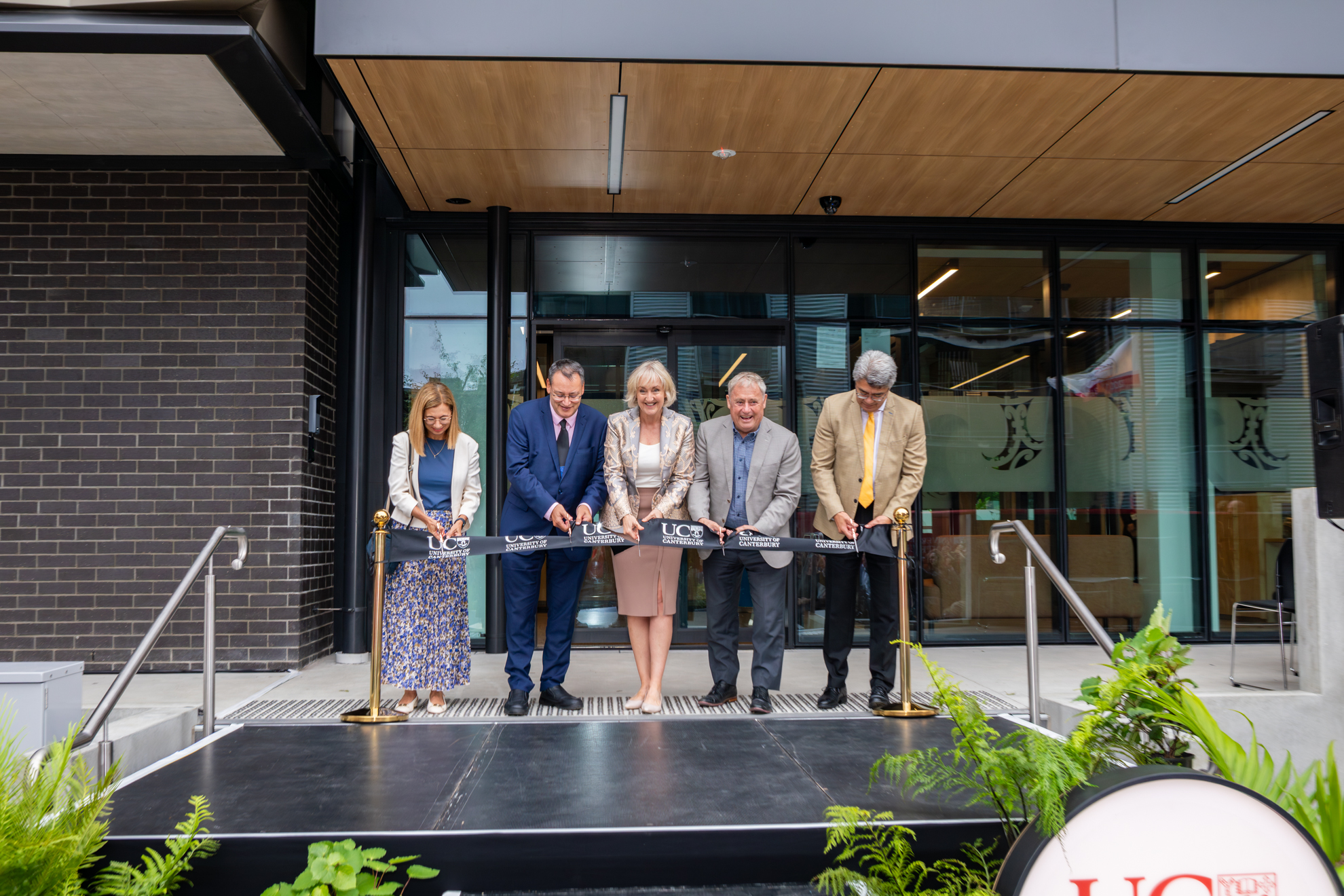
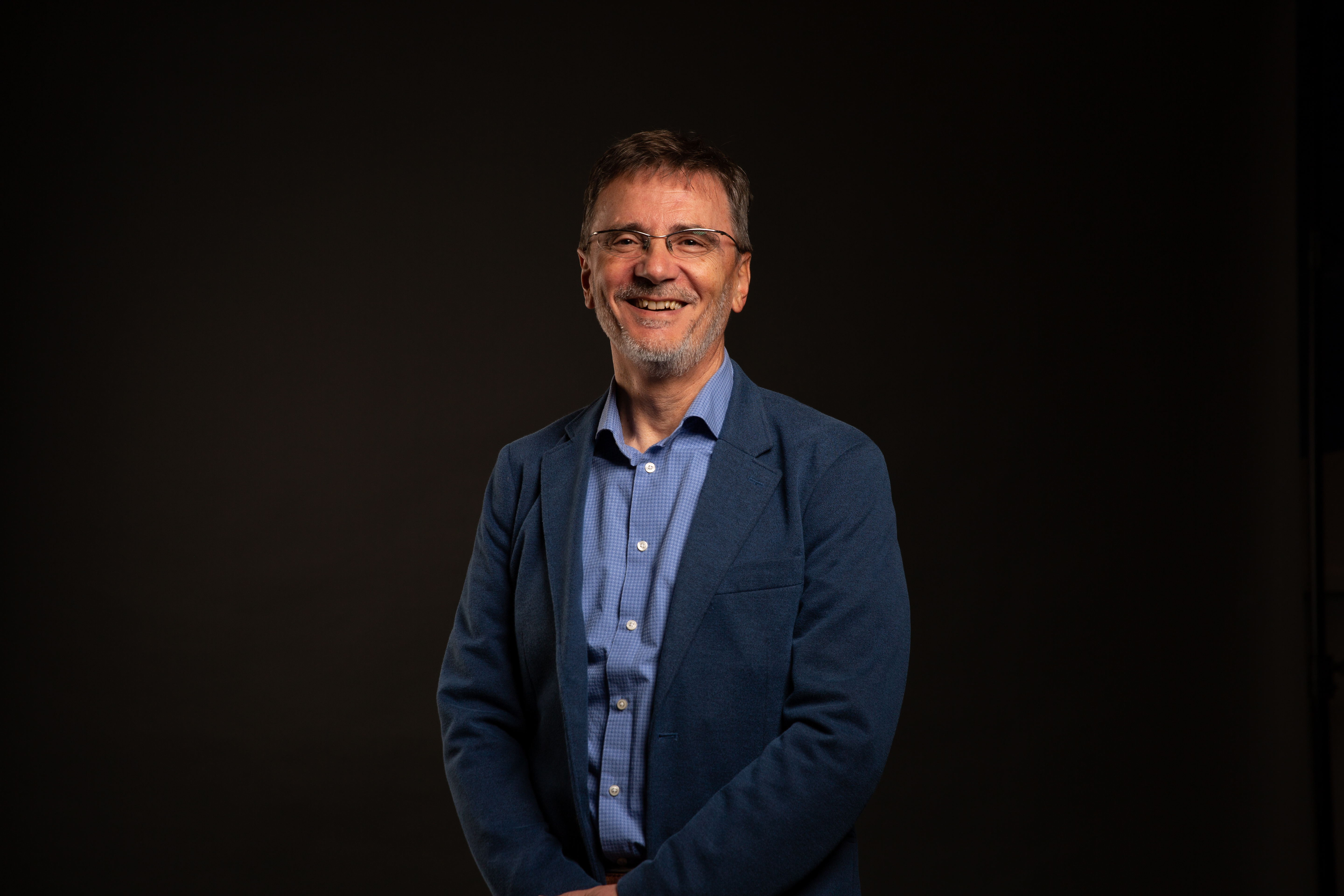
.png)